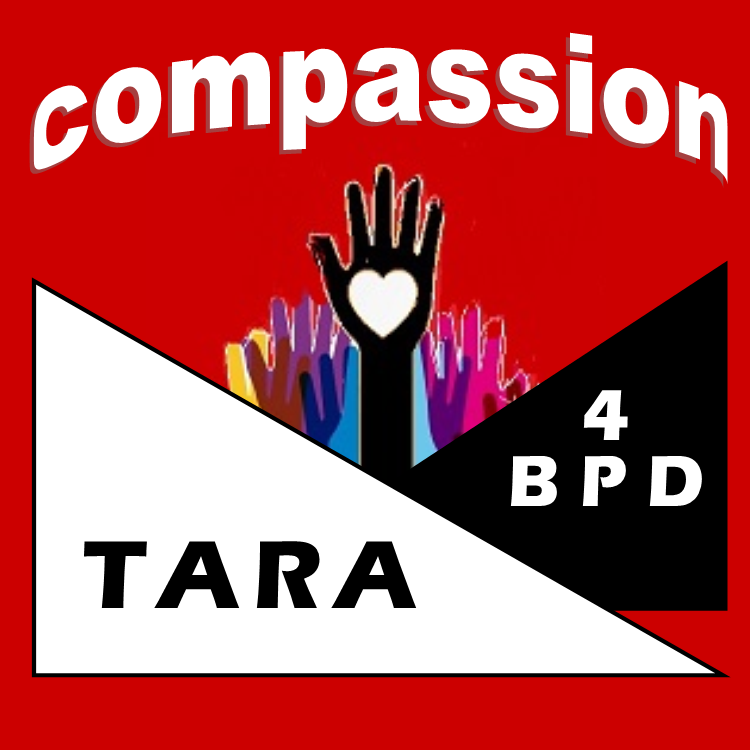Marsha Linehan
reveals she has suffered with BPD
"Succeeding by Failing,
the Personal Story Behind DBT"
June 17, 2011
Marsha Linehan and Andre Ivanoff at reception after Dr. Linehan's "coming out" in Hartford, CT.
On Friday, June 17, 2011 I had the honor and privilege to join with family members, friends and many colleagues of Marsha Linehan at the Institute for Living in Hartford, CT to hear a talk entitled, "Succeeding by Failing, the Personal Story Behind DBT." I wondered why this talk was to be held at the Institute for Living in Hartford Connecticut and was soon both shocked and awed to learn that this was the place where, in 1960, at 17 years of age, in desperation, Marsha Linehan's parents sent her as "no one knew what to do for her." Her behavior was out of control. For the next two hours, Marsha related her painful journey, starting with the 2 ½ years she spent at this very mental institution, her experiences with her family, her journey through the mental health system, and how she pulled herself out of pain and found a way to help others that led to the development of Dialectic Behavior Therapy for BPD. Although Marsha had told me many years ago that she had been hospitalized and had received electric shock treatments as a teenager, the extent of the pain, isolation and suffering she had experienced brought me and many others in the room to tears. She certainly made us all understand how, "hospitalization can be iatrogenic."
I could not help but admire the courage and persistence of this brilliant woman who persevered through incredible adversity and created not only a life worth living for herself but brought hundreds of sufferers along the path with her. In midst of her personal suffering, she had made a vow to herself "to get out of hell and then go back and get others out." Remarkably, she has done just that.
Why now? What prompted Marsha to publicly reveal her personal history at this time? In the past, she had feared that revealing her own diagnosis of BPD might undermine her credibility and disparage DBT. At the present time, DBT can stand on its' own. There are 10,000 trained DBT therapists and enough randomized controlled clinical trials supporting the efficacy of DBT so that Marsha felt it was time to stand up for recovery, to be a model for those suffering with BPD. Her courageous disclosure will be a beacon of hope for BPD sufferers everywhere.
Marsha grew up in Tulsa, Oklahoma, has 4 brothers and a sister and a stylish mother who was a member of the Tulsa Junior League. In High School, Marsha described herself as obese, having low self esteem and self contempt, a chronic sense of abandonment and feeling she was damaged. She cut herself and smoked three packs of cigarettes a day. In describing her experiences growing up, Marsha shared how she never felt loved or liked. She stated that, "she was not enjoyed and could not get approval from her family. Nobody knew what to do with me or where to send me to get me help." Following the advice of "experts" at the time, her parents sent her to the Institute for Living where this talk took place. When Marsha stated that, "my mother could not attend Valerie Porr's family group," I could not hold back my tears.
In developing a way to help her suicidal patients find the motivation to live, Marsha filtered her ideas through herself, through science and through her clients. Marsha believes that her clients know what they need. Our task is to give them the skills they need. Our clients she said "are homesick." She attributes her own problems to "my biology and my environment," the biology of her regulation disorder and to her invalidating social environment. She realized she and her clients have extreme sensitivity to rejection and invalidation, making change untenable while their extreme suffering made acceptance untenable.
Marsha attributes her ability to overcome her suffering to Radical Acceptance. "Understanding of pain does not tell you what to do. Practicing Radical Acceptance over time is transformative. DBT is a synthesis of radical acceptance and change. She stated that we must radically accept the past, the present and the limitations of the future. "We have to accept in order to change." She advised, "If you are a tulip, don't try to be a rose. Find a tulip garden. Find the environment that you will fit into, that will appreciate you". She described how she learned to live an "anti depressant life" by creating the things she needed in her own life, her adopted daughter, their dog, her meaningful work, and her devoted colleagues. Sadly, she advised, "the person you love and give care to may simply not be able to say thank you. We cannot demand thanks, we cannot demand immediate results."
"Never doubt love," she said. "Love will transform them in the end." Marsha described her spiritual journey, emphasizing the role of her belief in God, (she is a devout Catholic) and her study of Zen Buddhism that guided her to the philosophy of acceptance and influenced her recovery. Perhaps loving is just as important as being loved, perhaps giving can be a substitute for being cherished. Suffering can be balanced by giving. If you can't live for yourself, live for others. Giving can distract us from our own problems. Marsha attributes her survival and her success to her brains, her ability to think outside the box, her persistence and her passion. We are all grateful to Marsha Linehan for her dedication, her perseverance and her passion to help those of us dealing with BPD in one way or another.
Thank you Marsha, from all of us at TARA!
Valerie Porr

